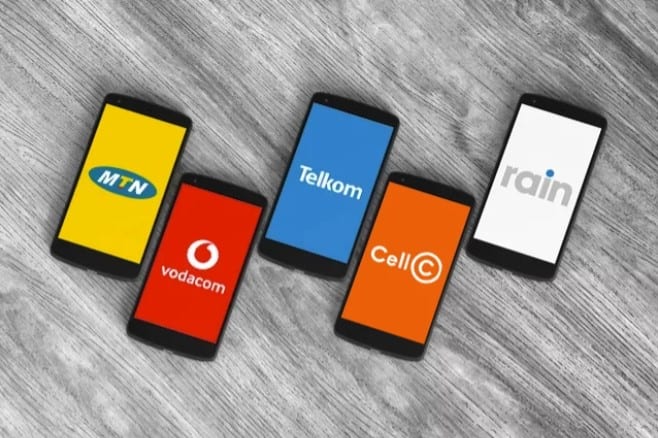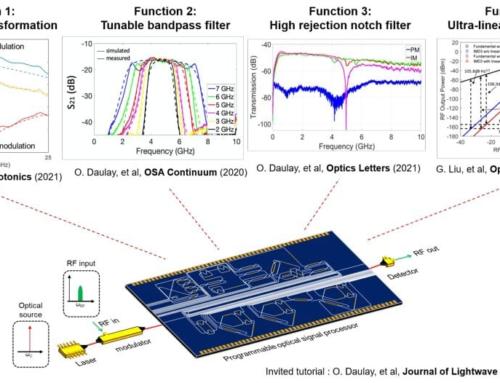South Africa’s mobile operators are at war over the most valuable resource available in the telecommunications market – spectrum.
The Independent Communications Authority of South Africa (ICASA) plans to auction spectrum in IMT700, IMT800, IMT2600, and IMT3500 bands by the end of next month.
These spectrum bands are suitable to provide wireless broadband services using 4G and 5G technologies.
The regulator published its Invitation to Apply (ITA) on 2 October 2020 and six operators applied – Vodacom, MTN, Cell C, Telkom, Rain, and Liquid Telecom.
It was not long before the legal battles started.
Telkom filed a court application to challenge the auction process on 22 December 2020, arguing some of the spectrum bands are still used for broadcasting.
It is also unhappy that ICASA went ahead with its ITA without first finishing its Mobile Broadband Service Market Inquiry first. Telkom sees this as unlawful and irrational.
Last month, MTN filed an application in the Gauteng High Court to declare unlawful, and to review, correct, or set aside two decisions related to the spectrum auction process.
MTN’s complaint centres around the classification of the six applicants as Tier 1 and Tier 2, and to then exclude Tier 1 applicants from a part of the spectrum auction.
MTN wants an auction where all participants have equal access to spectrum.
ICASA has announced that it will oppose both Telkom and MTN’s legal challenges. Rain will also fight MTN’s court application.
The reason for these legal battles is simple – money. And lots of it.
Spectrum is the lifeblood of the mobile broadband industry, and whoever has 4G or 5G spectrum can make truckloads of money from it.
Mobile operators have been waiting for a decade for new broadband spectrum. This happened while mobile broadband was booming, and traffic volumes shooting through the roof.
The situation got so desperate that Vodacom and MTN had to look for innovative ways to address network capacity constraints.
They found a solution by partnering with smaller operators with spectrum. Vodacom joined forces with Rain and Liquid Telecom, while MTN partnered with Cell C and Liquid Telecom.
This was a big win for the small players. They received lots of money and other benefits from Vodacom and MTN for doing very little.
In fact, Rain has built a national 4G network through its partnership with Vodacom without having the burden of massive debt to do it.
After the Rain deal, everyone realised just how lucrative spectrum can be. By playing its cards right with Vodacom, Rain became a R15-billion business within a few years.
In the context of the spectrum auction, it is important to look at how the six applicants are likely to use new spectrum. It all comes down to mobile networks.
Vodacom and MTN are the only operators with truly national mobile networks.
Telkom has a patchy 4G network while Rain, outside of its partnership with Vodacom, only has a small 5G network in Gauteng and Cape Town.
Cell C is in the process of switching off its radio access network while Liquid Telecom is, just like Rain, building a network “in partnership with” Vodacom and MTN.
The reality is that only Vodacom and MTN have the money to roll out national mobile networks. They are looking for new spectrum to increase their network capacity and drop mobile data prices to gain a competitive advantage over their rivals.
The smaller operators, for the most part, see spectrum as a valuable asset which can be leased to Vodacom and MTN to get money.
You will, of course, never hear this in any official spectrum application. Quite the opposite.
The smaller operators are making big promises about network rollout plans and bringing mobile broadband to the masses. This will not happen.
Cell C has tried to build a new mobile network to compete against Vodacom and MTN and failed spectacularly. Only a fool will repeat that mistake.
It is much more lucrative, and poses far less risk, for spectrum holders to join forces with Vodacom and MTN to monetize their spectrum assets.
Information received by MyBroadband suggests that the horse-trading around spectrum has already started behind the scenes.
With billions on the line, South Africans can expect a lot more fighting as mobile operators try to gain a competitive advantage over their rivals in the upcoming spectrum auction.




